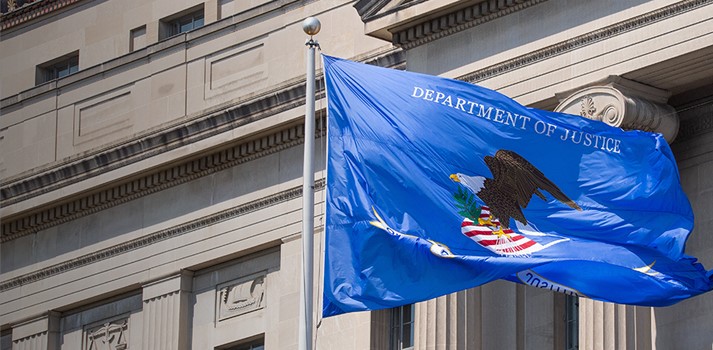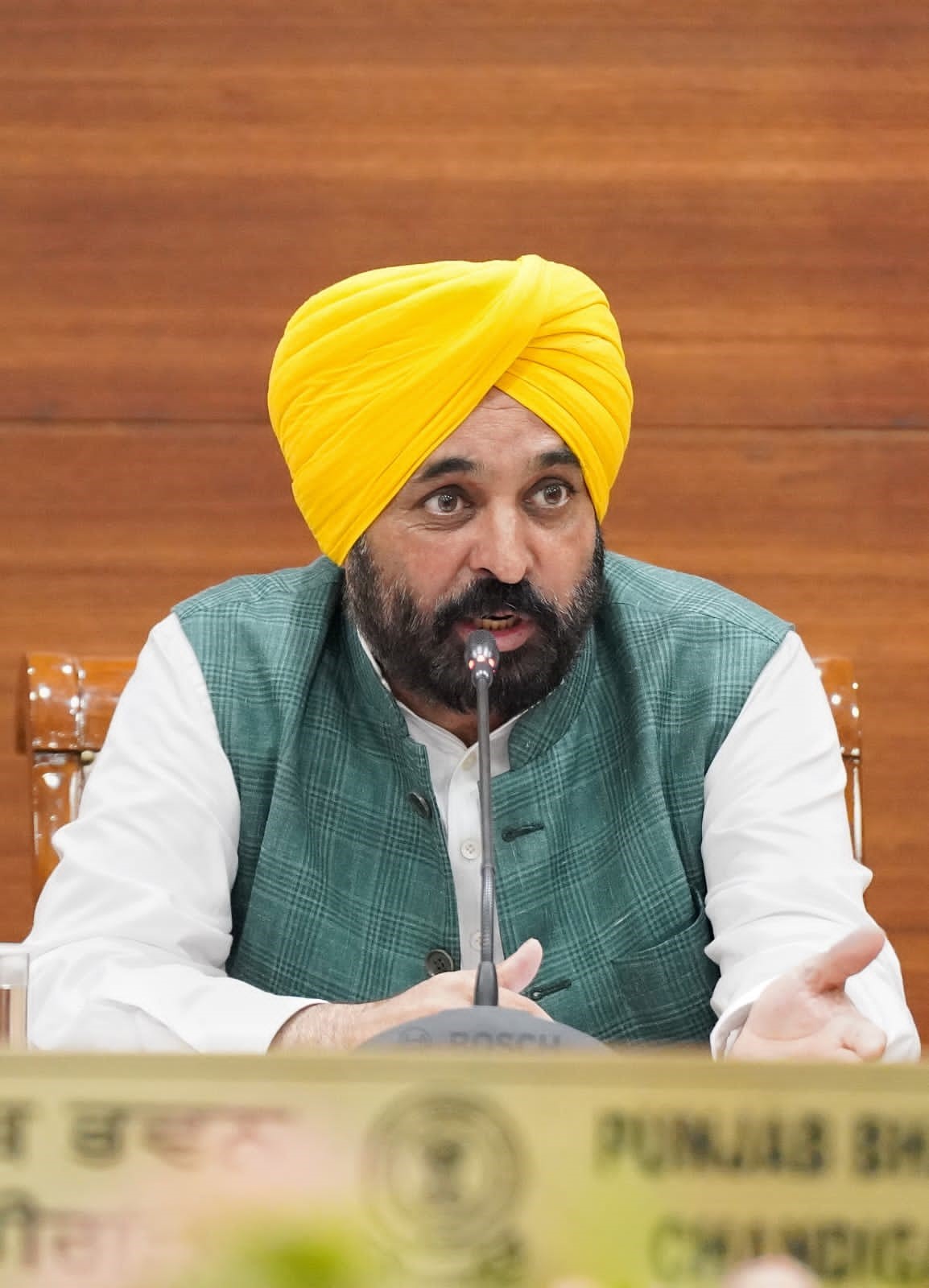SEBI chief denies allegations
North News
Chandigarh, August 12
The chair of India’s capital markets regulator allegedly held stakes in an offshore fund structure linked to Vinod Adani, which may have hindered the agency’s investigation into fraud charges against the powerful conglomerate led by his billionaire brother, according to fresh allegations from U.S. short seller Hindenburg Research, the UK based news outlet The Financial Times reported.
According to Hindenburg Research, leaked documents reveal that Buch, who has chaired SEBI since 2022, and her husband had undisclosed holdings in entities based in Bermuda and Mauritius. These entities were also used by Vinod Adani, the older brother of the Adani Group founder.
The chief of markets regulator SEBI, Madhabi Puri Buch, along with her husband Dhaval Buch, has vehemently rejected the latest Hindenburg Research report, dismissing it as “baseless allegations and insinuations.” They characterized the report as an attempted “character assassination” in retaliation for SEBI’s actions against the short-seller.
The Financial Times report alleged that these new allegations come 18 months after Hindenburg initially accused the Adani Group of corporate fraud, highlighting a network of offshore funds allegedly used to circumvent minimum shareholder listing rules. That initial report led to a significant market crash among the conglomerate’s listed companies, wiping out $140 billion in market value.
Despite being ordered by India’s Supreme Court in January to conclude its investigations within three months, SEBI has yet to publicly release findings from its ongoing probes into the Adani Group. The Financial Times also noted that in June, SEBI accused Hindenburg of engaging in unfair trade practices by betting against the Adani Group and sensationalizing certain facts, the news outlet highlighted.
Hindenburg, referencing previous Financial Times reports on Adani’s offshore activities, suggested that Buch’s alleged fund holdings may explain SEBI’s reluctance to take decisive action against the Adani Group’s offshore shareholders. The couple reportedly made these investments in 2015, two years before Buch joined SEBI.















